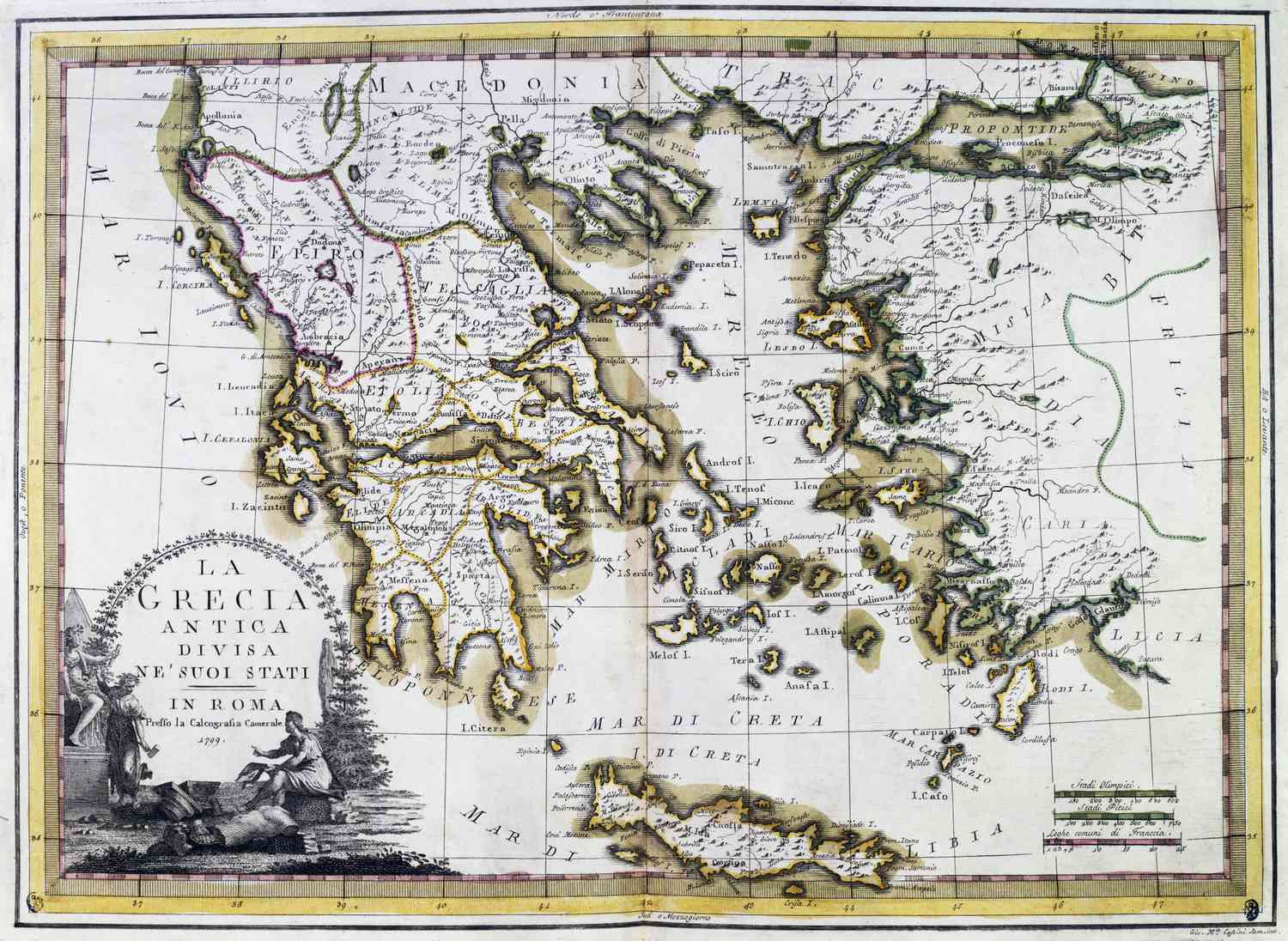This article compares and contrasts the key aspects of Ancient Greece and the Roman Empire, including their culture, government, and legacy. Ancient Greece was known for art, architecture, philosophy, and drama, while the Roman Empire was focused on practical matters like engineering, construction, and law. Furthermore, Ancient Greece was a series of independent city-states with its own government and laws, while the Roman Empire had a centralized government. Both civilizations have had a significant impact on modern society, with Greek philosophy and art still admired today, and the Roman legal system serving as the basis for Western law.
The Roman Empire vs. Ancient Greece: A Comparison of Two Historical Civilizations
Introduction
When it comes to world history, few civilizations have had as much lasting significance as the Roman Empire and Ancient Greece. These two historical civilizations, while separated by time and distance, are still revered as some of the most influential cultures on the planet. This article will compare and contrast the key aspects of Ancient Greece and the Roman Empire, delving into their culture, government, and legacy.
Culture
When we think of Ancient Greece, we think of art, architecture, philosophy, and drama. This was the time of the great philosophers like Socrates, Aristotle, and Plato, who pondered the deepest questions about life and society. Greek art was some of the most influential in history, with statues like the Venus de Milo and the Winged Victory of Samothrace still considered works of beauty today.
The Roman Empire, on the other hand, was more focused on practical matters like engineering, construction, and law. Their architecture, such as the Colosseum and aqueducts, was groundbreaking for its time and is still studied and admired today. The Romans were also known for their legal system, which is the basis for Western law to this day.
Government
Ancient Greece was comprised of a series of independent city-states, each with its own government and laws. These city-states, such as Athens and Sparta, were often at war with one another but still had a shared culture and language. Democracy was born in Athens, where citizens elected officials and participated in the government.
The Roman Empire was much larger than Ancient Greece and had a centralized government. Rome was a republic until Julius Caesar came to power and turned it into an empire, ruled by an emperor with the help of a senate. The Roman army was one of the most powerful in history, allowing them to conquer much of Europe and parts of Asia and Africa.
Legacy
Ancient Greece and the Roman Empire have had a profound impact on modern society. Greek philosophy and art are still studied and admired today, and their language is the basis for many words in Western languages. In addition, democracy, which was born in Ancient Greece, is still the dominant form of government in many countries.
The Roman Empire, on the other hand, left a legacy of law and engineering. The Roman legal system is the basis for Western law, and their engineering feats were groundbreaking for their time. The Romans were also known for their road system, which allowed for efficient trade and communication throughout the empire.
Conclusion
Ancient Greece and the Roman Empire were two of the most defining civilizations in world history. They differed in their culture, government, and legacy, but both left an enduring impact on the world we live in today. Whether it’s the Greek art we still admire or the Roman laws we still follow, their influence is still felt centuries later.
